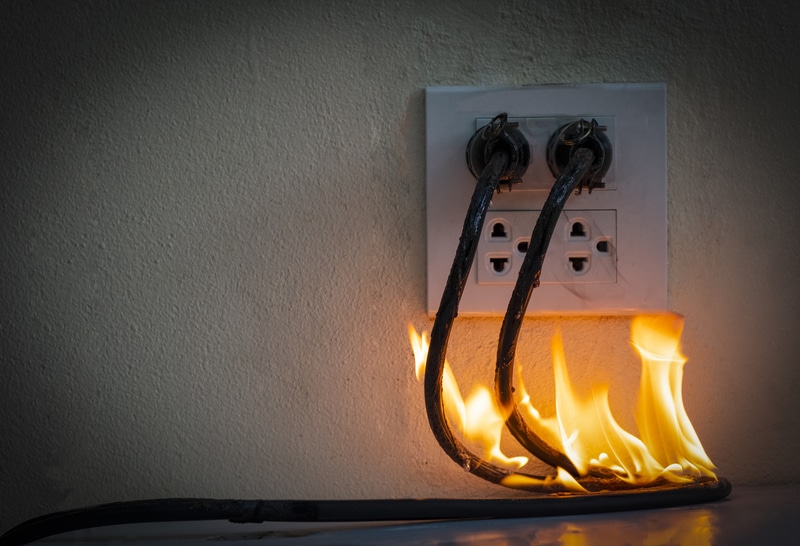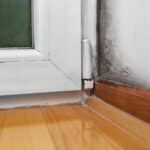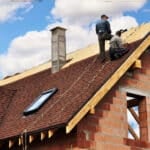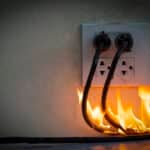In the intricate web of home maintenance and safety, electrical inspections play a pivotal role in ensuring functionality, preventing hazards, and complying with local regulations. Making sure your electrical systems are working correctly is important to protect your home and family.
Ensure Proper Function
Electrical systems are the backbone of modern homes, powering everything from lights to appliances. An electrical inspection is a comprehensive assessment of your home’s wiring, outlets, panels, and connections to ensure proper function. Over time, wear and tear, as well as changes made to the electrical system, can lead to issues that compromise functionality. An inspection identifies faulty wiring, outdated components, and potential hazards. Addressing these concerns promptly not only prevents inconvenience but also safeguards against potential risks. A professional inspector should perform an electrical inspection every 4-5 years. On-site inspections involve inspecting the wiring, outlets, and appliances in your home with detailed reports that explain the findings and any needed repairs or replacements. The report can also provide you with an estimate of the cost to resolve these issues.
Prevent Fires
Electrical fires are a significant concern for homeowners, often resulting from faulty wiring, overloaded circuits, or damaged outlets. An electrical inspection can identify these potential fire hazards before they escalate into disasters. Beyond inspections, there are other ways to prevent fires in your home. Opt for fire-resistant building materials when renovating or constructing your home. For instance, siding composed of sand and cement won’t contribute to fires like wood and vinyl. Regularly clean lint traps in dryers, avoid overloading electrical outlets and refrain from using frayed cords. These preventive measures, coupled with electrical inspections, create a comprehensive fire safety strategy. Another important way to prevent fires is by installing smoke alarms and carbon monoxide detectors. These devices alert homeowners to potential dangers in their homes before they become a significant problem. Place alarms on each level of your home, particularly near bedrooms or other areas where people may be sleeping.
Comply With Local Codes
Local building codes set the standards for construction and safety in residential and commercial properties. An essential role of electrical inspections is to ensure that your home’s electrical system complies with these codes. Non-compliance not only poses safety risks but can also lead to legal issues and difficulties in selling or insuring the property. An electrical inspection checks whether the system meets safety regulations, and if not, provides recommendations for necessary repairs or upgrades. Ensuring code compliance not only protects occupants but also contributes to the long-term value and marketability of the property. The electrical inspector performs a thorough evaluation of the components and systems in the property. This includes checking for proper grounding, verifying that wiring is up-to-date, and inspecting the panel box and distribution systems. It also involves ensuring that all outlets are properly wired and installing safety features like carbon monoxide detectors or smoke alarms if needed.
As a homeowner or a potential buyer, understanding the role of electrical inspections empowers you to make informed decisions about property safety and maintenance. In a world where property safety is paramount, electrical inspections stand as a cornerstone of responsible property ownership, promoting functionality, safety, and peace of mind.
Did You Enjoy Reading This Article? Here’s More to Read: The Importance of Using Insulated Screwdrivers During Home Inspections






